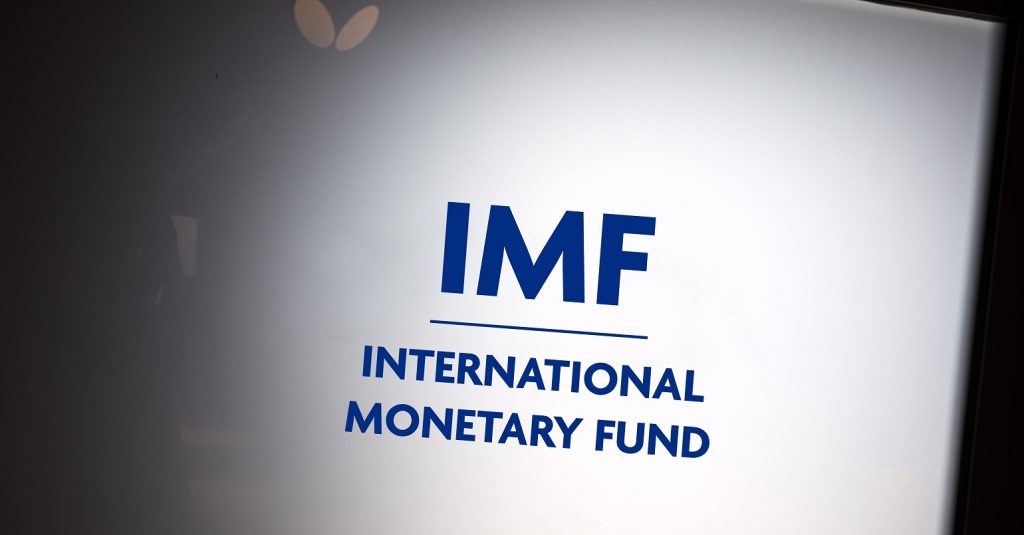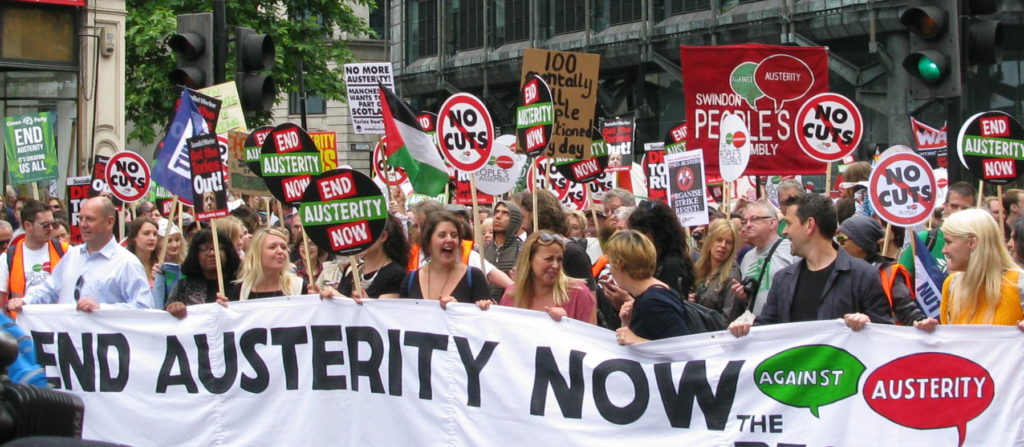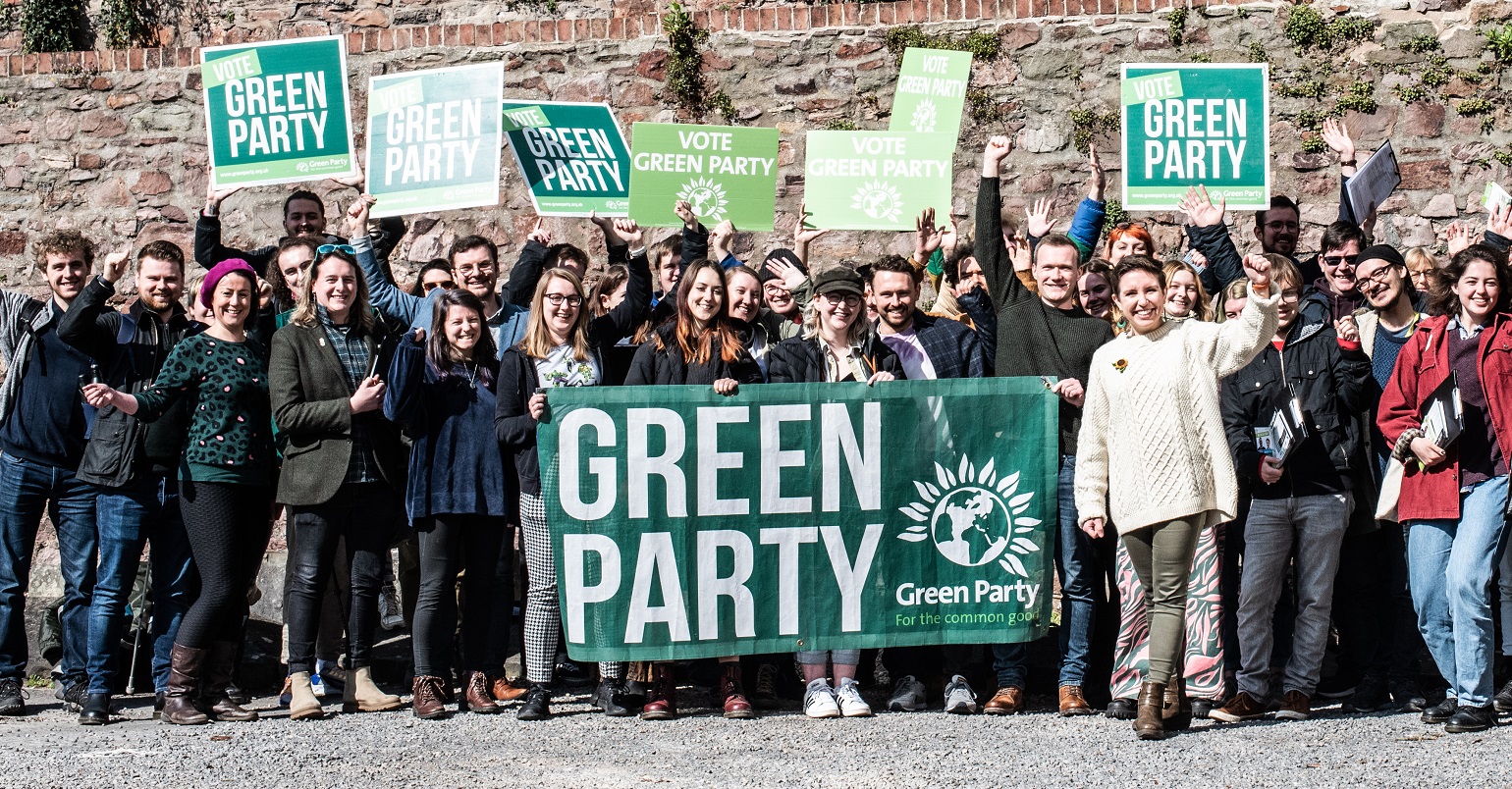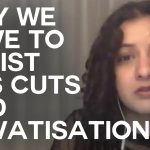The IMF’s imposition of austerity is undermining fundamental rights, NGOs claim

Imposing austerity through loans is risks undermining economic, social and cultural rights, a leading human rights NGO has said. Human Rights Watch has released a new report which argues that the conditions imposed on countries by IMF loans are compounding problems relating to rising inequality.
Human Rights Watch has analysed loans approved from March 2020 until March 2023 in 38 countries. The analysis found that the vast majority of loans are conditioned on austerity policies which reduce government spending or increase regressive taxes in ways likely to harm people’s rights.
The report also features a case study of Jordan, where a series of IMF programs have introduced sweeping economic reforms over the past decade, but mitigation measures have been inadequate to address the harm to rights.
“Escalating protests in Pakistan against rising costs linked to IMF demands, which follow similar protests in other countries, should serve as a wake-up call to the IMF ahead of its upcoming Annual Meetings in October,” said Sarah Saadoun, senior researcher and advocate on economic justice and rights at Human Rights Watch. “Despite its promises at the beginning of the pandemic to learn from past mistakes, the IMF is pushing policies that have a long track record of exacerbating poverty and inequality and undermining rights,” she added.
The IMF’s own internal research indicates that these policies also are generally not effective for reducing debt, which is their chief objective. IMF’s World Economic Outlook published in April 2023 observed that fiscal consolidations – a term usually linked to austerity programs – “do not reduce debt ratios, on average.”
International financial institutions and governments have international human rights obligations to respond to economic crises in ways that protect and advance rights in both the short and long term. Austerity measures that broadly reduce government spending on essential public services or significantly increase regressive taxes have a well-documented history of undermining rights.
The United Nations Human Rights Council has adopted guiding principles to ensure economic recovery measures further “the benefit of the whole population, instead of only a few.” These prohibit governments from pursuing austerity unless strict criteria are met, including avoiding, and where absolutely necessary, limiting and mitigating any negative effect on rights. To do so, it instructs governments and financial institutions to conduct and publish human rights impact assessments.
Yet, while 32 of the 39 reviewed programs included at least one measure that risks undermining rights, only one explicitly sought to assess the impact on people’s effective income.
22 programs include measures to contain or reduce public wage bills, generally through freezing hires or capping or lowering salaries, compromising governments’ ability to deliver quality public services that are guaranteed as rights. Such measures persist despite IMF guidance, approved in 2007, discouraging public wage caps other than in exceptional circumstances, where they are “justified in a transparent manner.” Few programs include any such justification.
23 programs include advice or measures to increase revenues from value-added taxes, an indirect tax that tends to be regressive and exacerbate inequalities since the rate is the same for people regardless of income.
Measures to mitigate the impact of austerity measures typically include incorporating what the IMF refers to as “social spending floors,” which typically set minimum government spending targets in areas such as education, health care, and social protection, as well as some efforts to improve social protection, which are programs intended to address income insecurity.
However, Human Rights Watch has said that while the increased attention on social spending and social protection is positive, the floors lack objective or consistent criteria to make them effective. The scope of the floors varies widely, from including dozens of programs across multiple ministries to being limited to select cash transfer programs. Most do not include information that enables comparison with previous spending. Moreover, with rare exceptions, they only set spending targets, which IMF staff may waive without requiring approval from its board of executive directors.
Moreover, measures to improve social protection, generally designed in collaboration with the World Bank, often fall short of human rights standards. Every IMF program reviewed that sought to improve social protection pursued means-testing, which limit benefits to people living in poverty, or even in extreme poverty, as opposed to a universal system. Studies have shown that means-testing is prone to high error rates, corruption, and social mistrust. Means-tested programs exclude large segments of the population who live in precarious conditions but cannot prove that they meet eligibility criteria, as well as many of those they are aiming to reach.
According to Human Rights Watch, the IMF should conduct sweeping reforms to effectively support governments to build economies that allow everyone to realize their economic, social, and cultural rights. The NGO says the IMF should redesign social spending floors to address systemic flaws, commit to supporting universal social protection programs, and stop promoting means-tested programs, as well as commit to formally recognise a duty to respect, protect, and fulfil all human rights, including socioeconomic rights, in all its work, without discrimination.
“The IMF’s experiment of trying to offset the harm caused by austerity programs simply isn’t working,” Saadoun said, adding: “It needs a new approach that makes the fulfilment of economic and social rights the starting point.”
PS. We hope you enjoyed this article. Bright Green has got big plans for the future to publish many more articles like this. You can help make that happen. Please donate to Bright Green now donate to Bright Green now.
Image credit: Focal Foto – Creative Commons




Leave a Reply